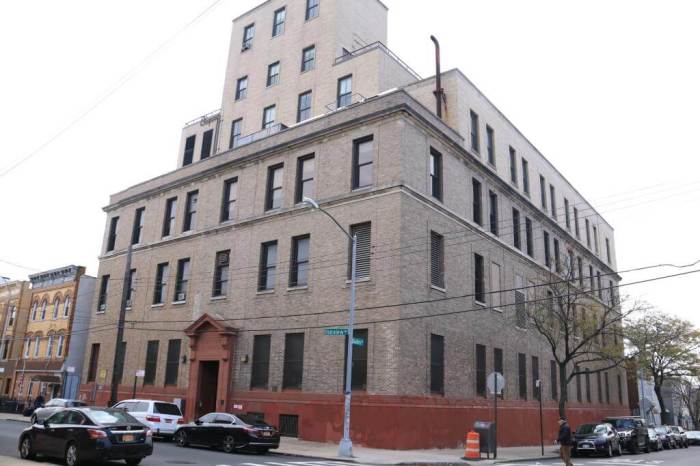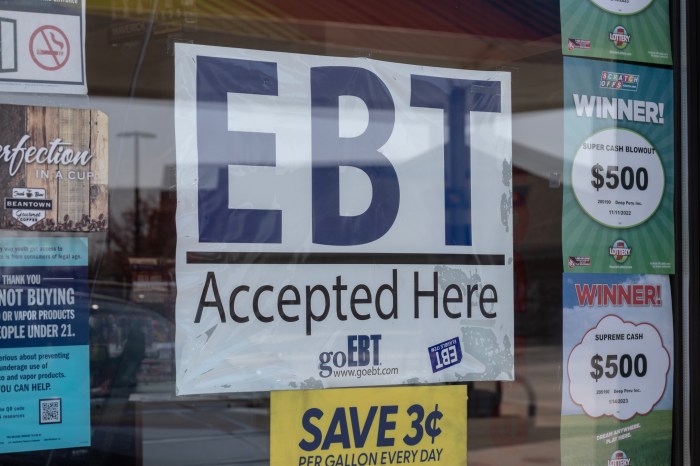Antigua
The cash-strapped Antigua-based regional airline LIAT says that despite workers agreeing to a six percent salary cut, the airline is still facing a severe financial problem and may require additional salary cuts from its employees.
Pilots and workers across all its destinations had agreed to a six percent cut recently.
But the airline said that the six percent cut did not go far enough and that the six percent did not meet the immediate cost reduction objectives of the company at this time.
The shareholder governments of the airline are Antigua and Barbuda, Barbados, Dominica and St. Vincent and the Grenadines have been seeking to get other Caribbean governments to contribute a total of US$5.4 million in emergency funding to keep the airline in the sky.
At the same time 11 destinations had until March 15, to respond to the airline’s minimal revenue guarantee (MRG) proposals.
Under the MRG model, it is likely that a few flights may be cut if governments are not prepared to fund them with a guarantee.
Trade unions representing the airline’s workers at its 15 destinations recently held a meeting in Barbados with Prime Minister, Mia Mottley and her counterpart St. Vincent and the Grenadines Prime Minister, Dr. Ralph Gonsalves and it was agreed in principle to a six percent salary cut, pending further talks with their members.
Barbados
A total of 32 firearms and 1,758 rounds of ammunition were turned in during the Barbados one-week gun amnesty.
This was revealed by Commissioner of Police, Tyrone Griffith who said the haul comprised of mainly small firearms.
He said any firearms and ammunition that are taken off the streets give less potential for someone to be injured as a result.
Attorney General, Dale Marshall said eight guns and 873 bullets were turned in — the majority belonged to people who died.
He said if people did not take advantage of the opportunity to turn in the guns, no leniency would be shown to those caught with weapons.
To date, Barbados has had 20 murders for the year, most of them by firearms. There has been a public outcry to address the issue.
Caribbean
The European Union (EU) is providing Euro 114.8 million (US$148 million) to the Caribbean Community (CARICOM) for various projects including the strengthening of the regional movement.
Six agreements were recently signed by CARICOM Secretary General, Edwin La Rocque with the EU’s Commissioner in charge of International Cooperation and Development in the European Commission, Neven Mimica.
Under the agreement, the EU will provide Euro 13.5 million towards strengthening the framework for CARICOM integration, Euro 21 million to support Caribbean Forum (Cariforum) states in furthering the implementation of their Economic Partnership Agreement (EPA) commitments as well as Euro 50 million towards the Caribbean Investment Facility.
In addition, the Coconut Industry Development Expansion and Enhanced Support for the Caribbean will benefit from six million Euros, while Euro 14 million will support the Effectiveness of Criminal Justice Systems in the Caribbean.
Director General of the Organization of Eastern Caribbean States (OECS), Dr. Didacus Jules, signed an agreement for Euro 10.3 million that will be used for promoting regional integration in the sub-region.
Mimica told the signing ceremony that the agreements are a testimony to the commitment of both the EU and CARICOM / Cariforum to the importance of regional cooperation and integration as a means to address the enormous challenges faced by this region.
Guyana
The governments of Guyana and the United States are working together to prepare for the release and deportation of convicted Guyanese drug lord, Shaheed Roger Khan.
Khan, is scheduled to be released from a US Prison in July, after serving a 10-year jail sentence for drug trafficking and conspiracy.
US Ambassador to Guyana, Sarah-Ann Lynch during a radio interview said the US is working very closely with Guyanese authorities on ensuring that the arrival is smooth as possible and so the best thing “we can do is to continue to collaborate and share information and work together.”
The convicted drug lord, before his arrest in Suriname and extradition from Trinidad and Tobago, had admitted to leading a death squad in Guyana that is believed to be responsible for the murders and the execution of suspected criminals.
He also admitted that he offered security support to the then People’s Progressive Party PPP) civic government.
On his return to Guyana, it is likely that Khan could face a wide range of criminal offences.
Grenada
Prime Minister, Dr. Keith Mitchell says that at least 400 Grenadians will be employed when the rebranded Royalton Grenada hotel opens in December.
Mitchell recently met with Sunwing’s Hotels and Resorts executive vice-president Daniel Diaz to discuss the hotel that was formerly known as the Grenadian Rex.
He said projects like this will create significant employment opportunities for locals, both in the construction phase and as permanent staff and when the facility is operational.
Mitchell said the government welcomes any initiative that will provide gainful employment for Grenadians.
Suriname
The Suriname-based Caribbean Community (CARICOM) Competition Commission (CCC) says the intended sale of Scotiabank’s assets in nine Caribbean countries could have anti-competitive effects in at least three Caricom member states.
In a statement the Commission said it remains cognizant of the provisions of Article 175 of the RTC (Revised Treaty of Chaguaramas) and at this time reminds national competition authorities and member states of this critical provision.
Last November, the Trinidad-based Republic Financial Holdings Limited (RFHL) announced that it was seeking to acquire Scotiabank operations in several Caribbean countries.
A RFHL statement said that the banks being acquired are located in Guyana, St. Maarten, Anguilla, Antigua and Barbuda, Dominica, Grenada, St. Kitts and Nevis, St Lucia and St. Vincent and the Grenadines.
In a statement, the CCC recalled that in December last year, it had advised the public that it had taken “note” of the announcement regarding the proposed sale as well as the life insurance operations in another two territories, namely Jamaica and Trinidad and Tobago, to Sagicor Financial Corporation.
Trinidad
The International Monetary Fund (IMF) is projecting zero percent growth for Trinidad and Tobago in 2019.
In its World Economic Outlook, released recently, the IMF also noted the Trinidad and Tobago economy grew just 0.3 percent — a marked difference from the 1.9 percent the Government suggested in the budget last October.
Overall, the IMF reduced its outlook for global growth to 3.3 percent, from 3.5 percent in January.
According to the IMF, T&T’s growth estimates for 2018 are based on full-year energy sector data from the Ministry of Energy and Ministry of Finance, preliminary national accounts data for the first three quarters of the year from the Central Statistical Office.
It added that growth estimates are subject to revision once the finalized data for the full year becomes available.
— Compiled by Azad Ali


















